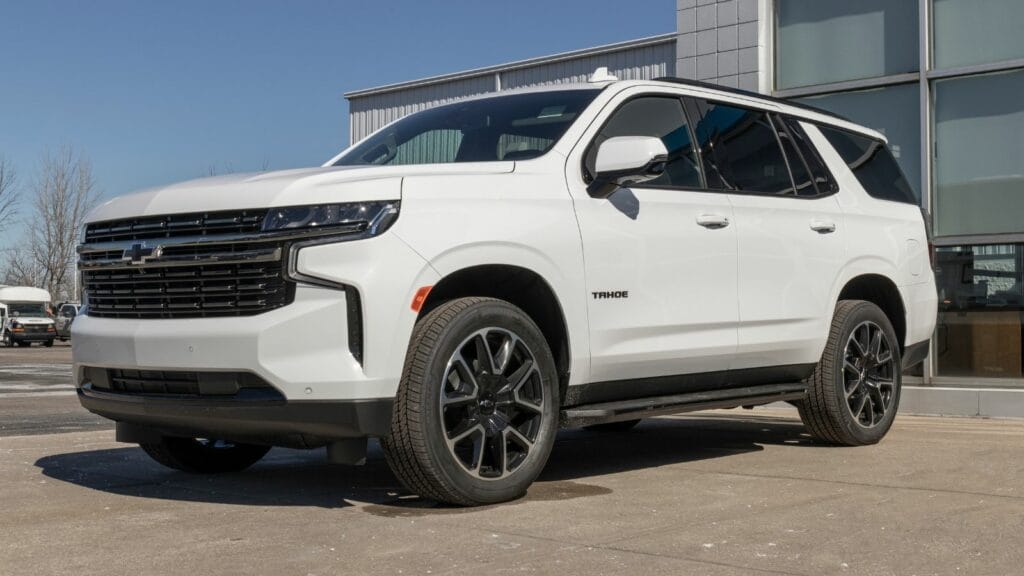Retirement is supposed to be about freedom, not frustration. After years of commuting, deadlines, and responsibility, the last thing anyone wants is an SUV that constantly drains the bank account or makes every trip more stressful than enjoyable. Yet some of the most popular SUVs on the market today are the exact ones car experts say retirees should avoid. From expensive repair histories and poor reliability to high fuel consumption and difficult handling, these vehicles may look appealing in the showroom but can quickly become a headache in your golden years. Here are eight SUVs that you’ll want to think twice about before buying.
Jeep Grand Cherokee
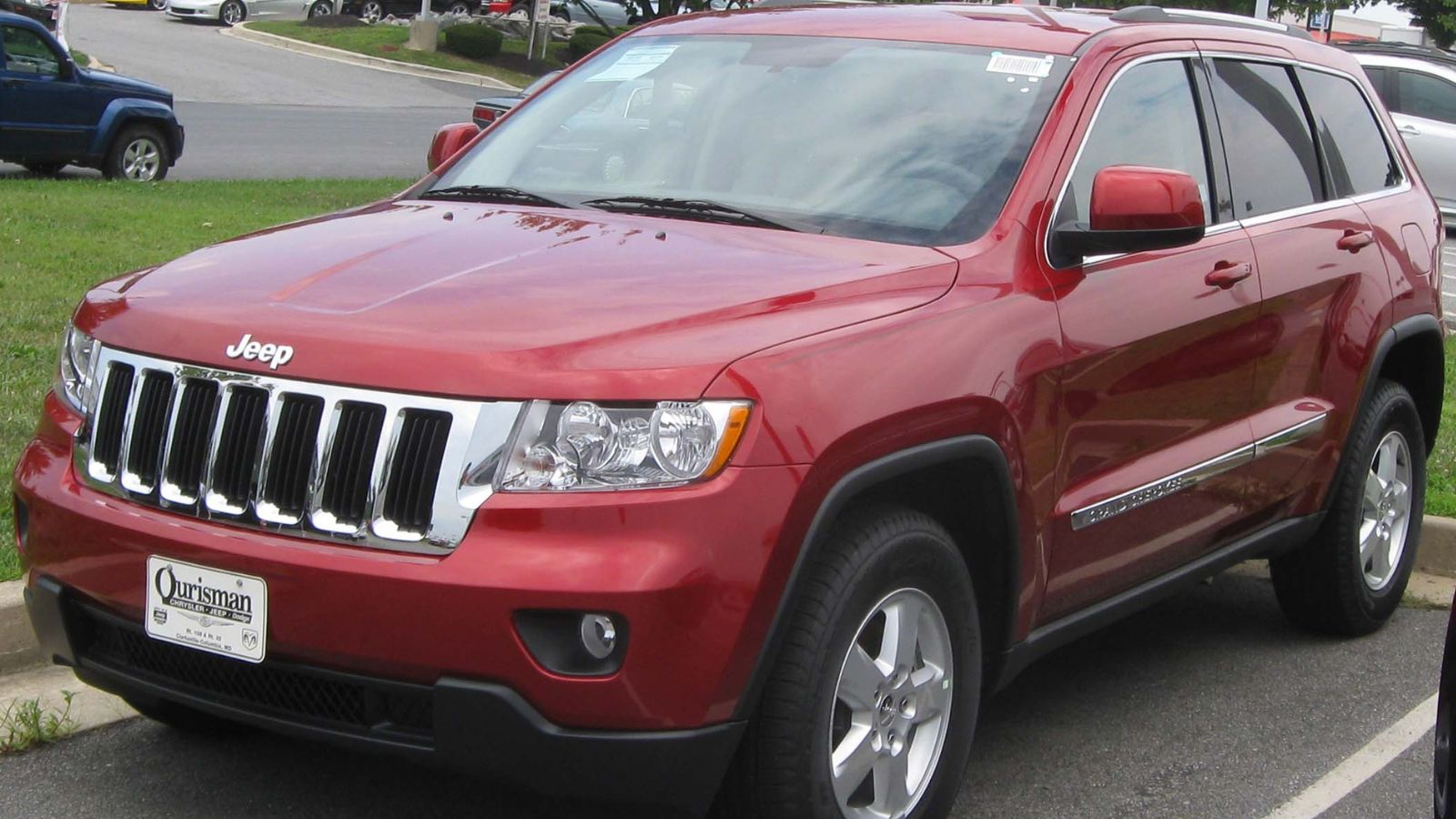
The Jeep Grand Cherokee is legendary for its rugged looks and off-road reputation, but experts warn that it’s a risky choice for retirement. Owners have long reported recurring issues with its transmissions, electrical systems, and infotainment units, leading to costly trips back to the dealership. Add in premium repair costs compared to more mainstream SUVs, and the Grand Cherokee can quietly bleed a fixed retirement budget dry. For those no longer seeking tough trails or rugged off-road adventures, there are simply better, more reliable choices.
Dodge Durango
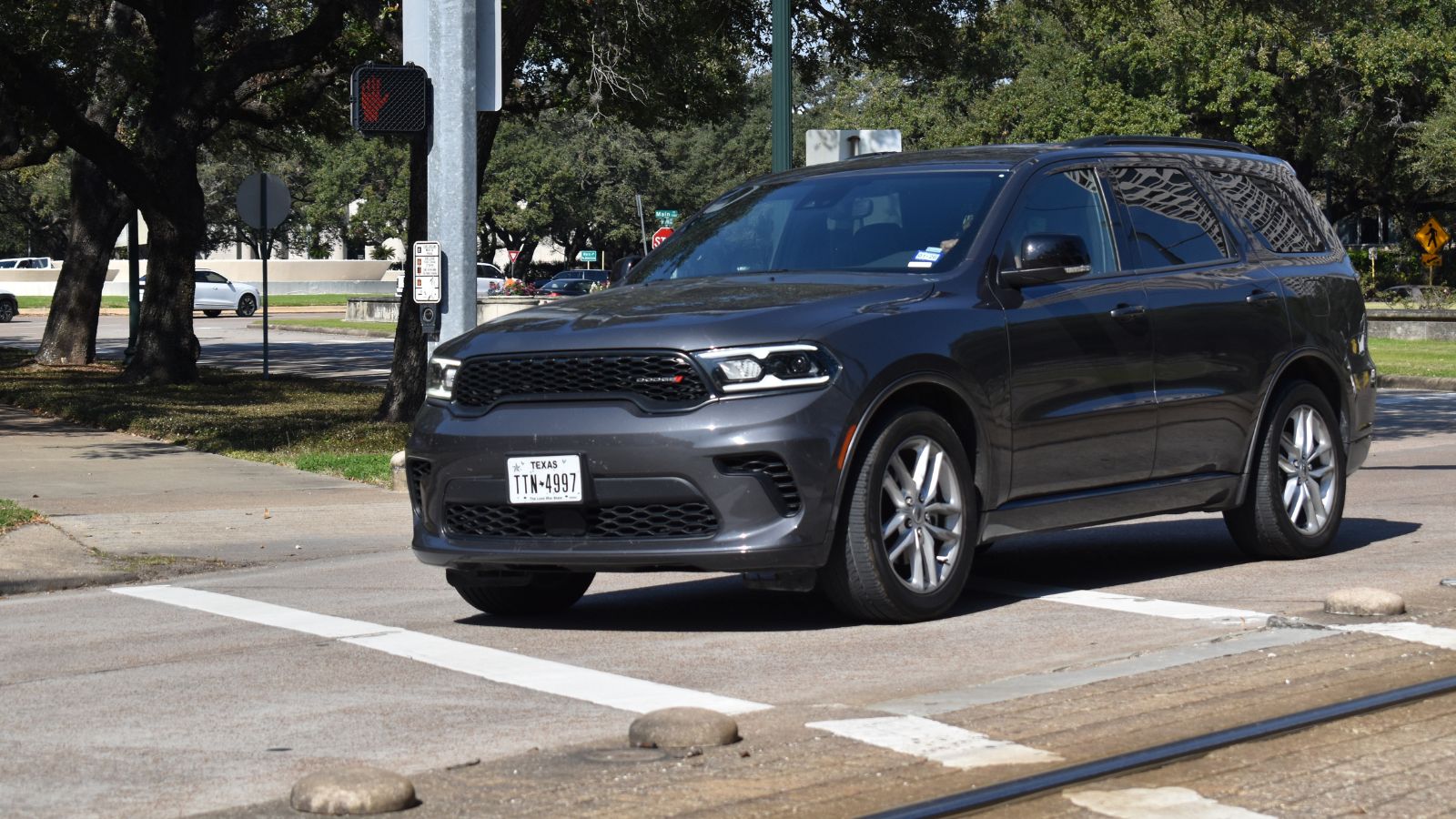
Big, bold, and powerful, the Dodge Durango has always appealed to buyers who want muscle and space. But that muscle comes at a cost. Its thirsty V6 and V8 engines deliver poor fuel economy, a major downside for retirees who often live on fixed incomes. Its dated interior design lacks the refinement and comfort found in newer rivals, making long drives more fatiguing than enjoyable. Even though it can tow and haul with ease, most retirees no longer need that kind of capability, making the Durango more burden than benefit.
Ford Explorer
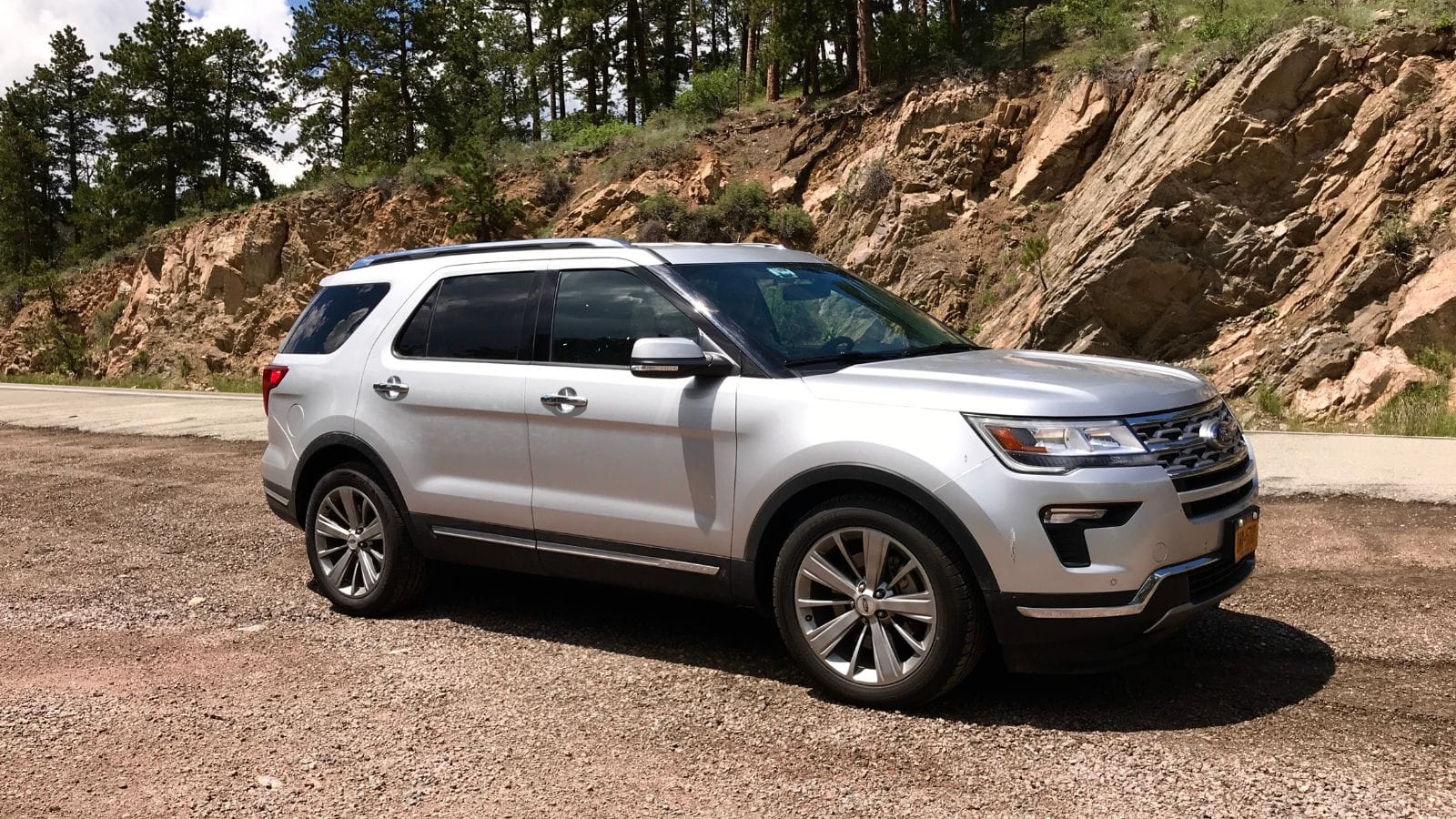
The Ford Explorer sells in huge numbers, but popularity doesn’t mean it’s the best pick. This SUV has a long history of reliability issues, especially with its transmission and electrical systems. Owners frequently report frustrating repair bills that crop up long before the vehicle should be aging. Fuel efficiency also lags behind newer, more refined competitors, which means more money burned at the pump. Experts recommend skipping the Explorer if your priority is a stress-free ownership experience in retirement.
Chevrolet Tahoe
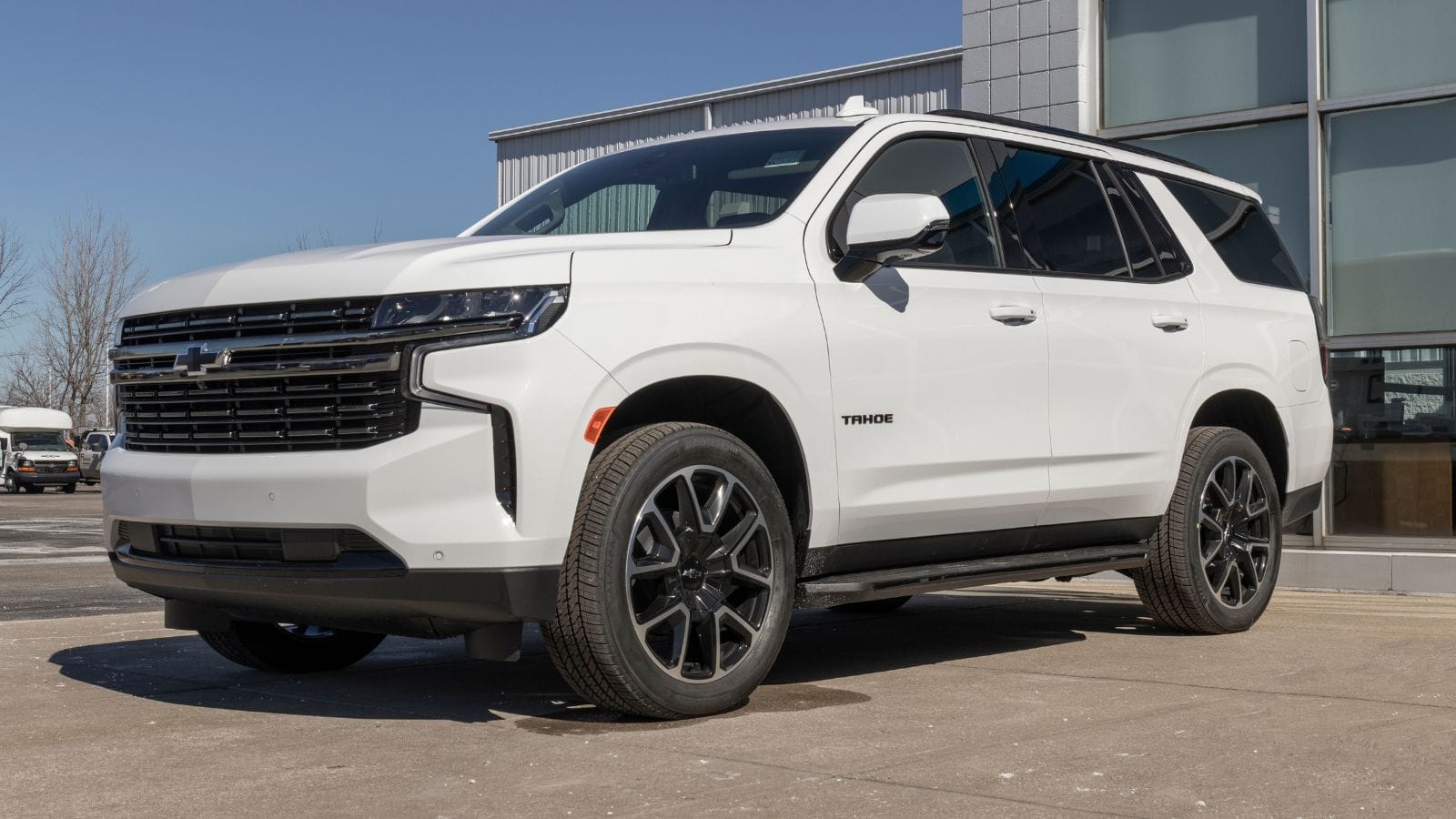
The Chevrolet Tahoe is an American favorite for families and fleets, but it’s far from ideal for retirees. Its massive size makes parking and maneuvering through tight areas a challenge, and the gas bills are shocking thanks to its large V8 engines. While the Tahoe is excellent for towing boats or hauling large families, those in retirement usually don’t need that level of utility anymore. Maintaining such a large vehicle also comes with higher insurance and upkeep costs. Downsizing to a more manageable SUV saves money and makes driving far less tiring.
GMC Acadia
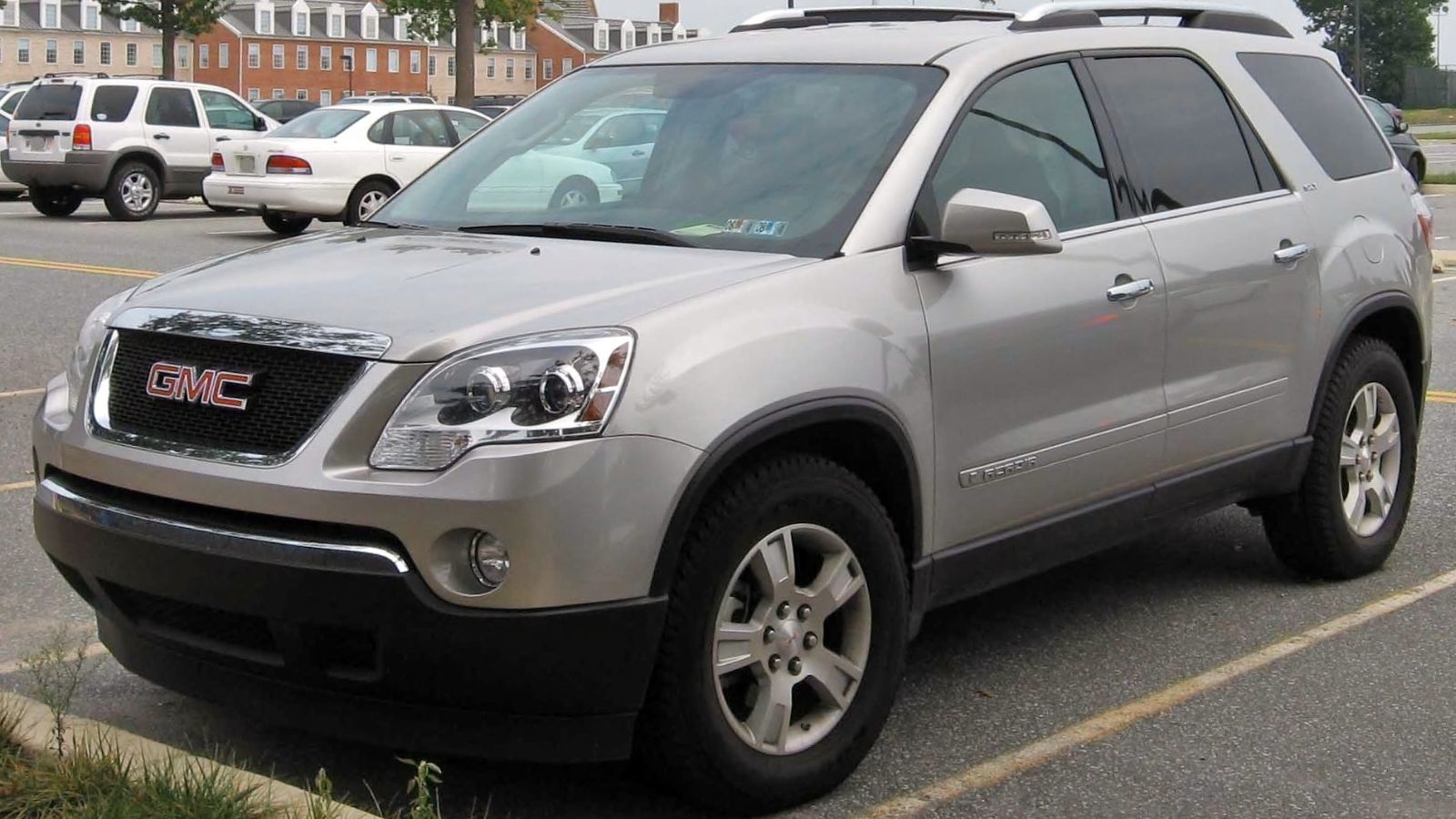
At first glance, the GMC Acadia seems like a comfortable midsize SUV. Dig a little deeper, and the cracks begin to show. Owners often complain about tight third-row space that’s practically useless, mediocre fuel economy, and a reputation for reliability problems as the miles add up. Repairs can be surprisingly expensive compared to Japanese rivals, and its resale value isn’t as strong either. For retirees who value practicality and ease of ownership, the Acadia doesn’t measure up to its competition.
Nissan Pathfinder
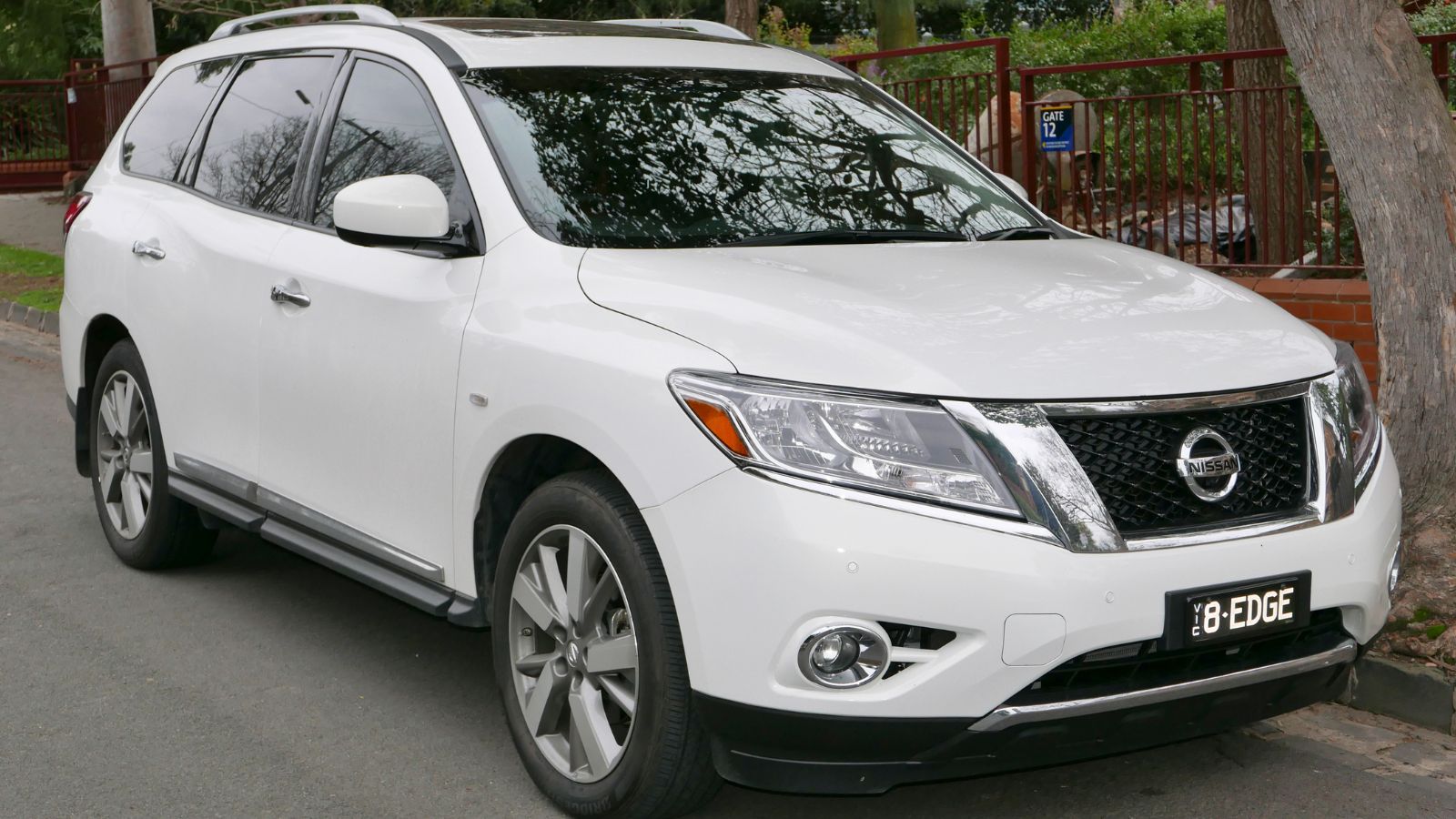
The Nissan Pathfinder is another SUV experts suggest avoiding. Once a rugged body-on-frame SUV, it has shifted between being a family crossover and an off-road machine, losing some identity along the way. What hasn’t changed is its shaky reputation for reliability, particularly its continuously variable transmission (CVT), which is prone to costly failures. A failed transmission can cost thousands to replace, wiping out retirement savings in one blow. That risk alone makes the Pathfinder a poor bet when more reliable midsize SUVs are readily available.
Land Rover Discovery
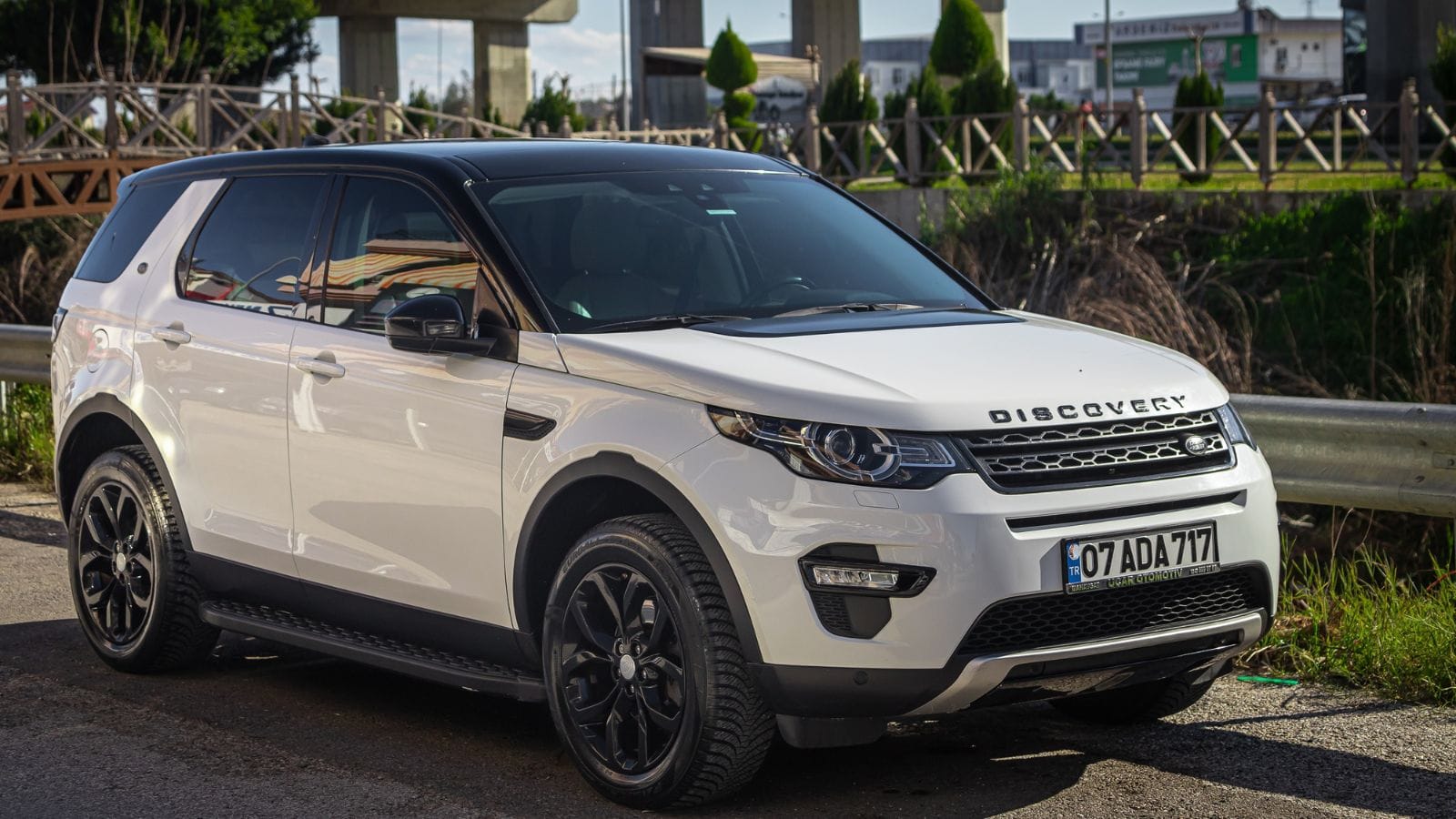
Luxury can be tempting in retirement, but the Land Rover Discovery is a cautionary tale. Stylish and comfortable, it looks like the perfect high-end SUV until you see the maintenance bills. The Discovery is notorious for expensive repairs, complicated electronics that frequently act up, and rapid depreciation. For retirees who want comfort without worry, the Discovery is an investment that often backfires, leaving more stress than satisfaction. Unless you have deep pockets for constant maintenance, this is one SUV best admired from afar.
Jeep Wrangler
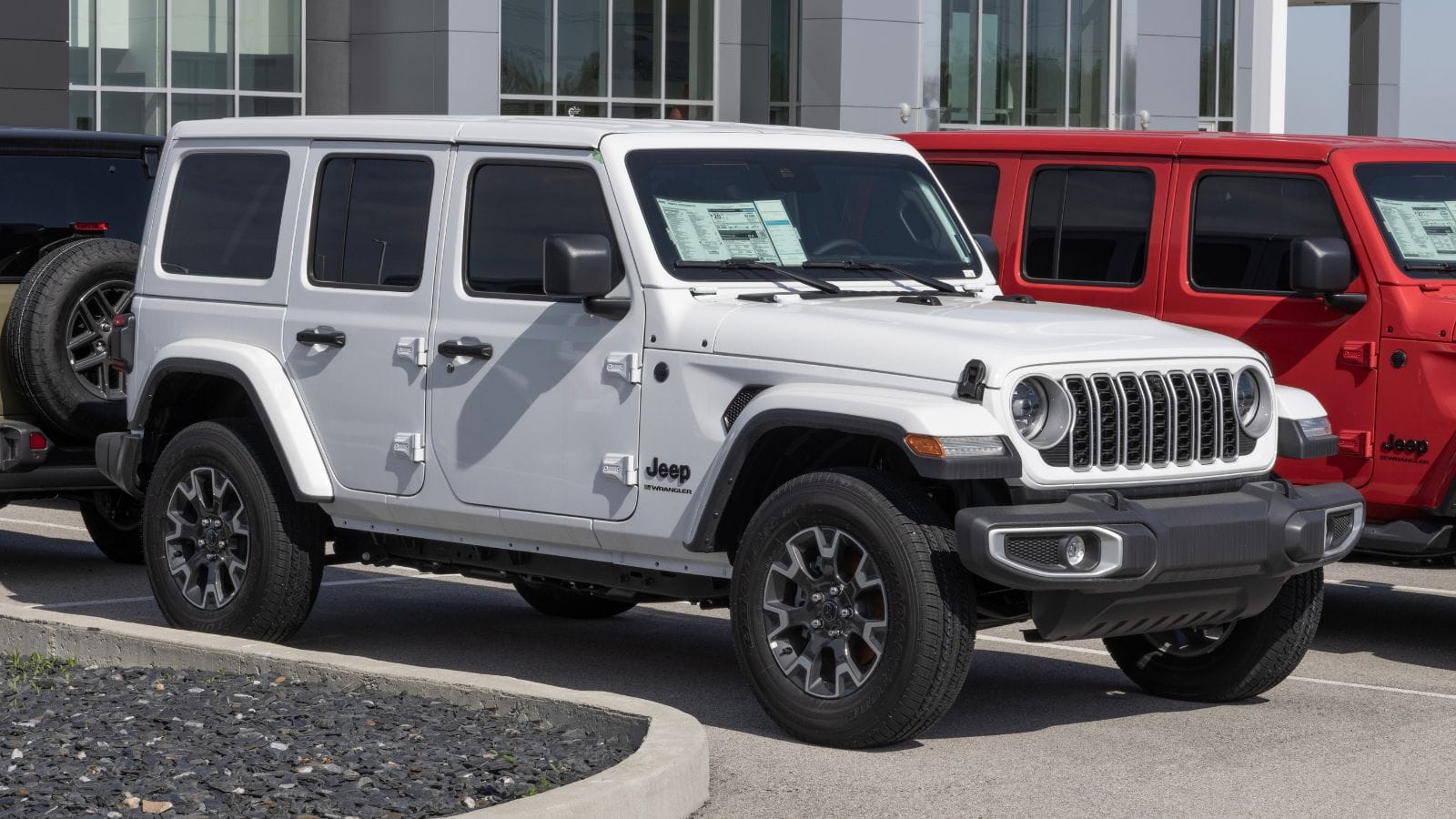
The Jeep Wrangler is iconic, but it’s a poor match for most retirees. Its stiff ride, noisy cabin, and awkward ergonomics make it exhausting for long drives. Fuel economy is abysmal, and its reliability scores consistently fall below average. While it shines on rugged trails and beach outings, retirees looking for comfort and convenience will find it tiring and impractical. The Wrangler might scream fun and adventure, but in day-to-day use, it demands too many compromises.
The Retirement Companion

SUVs offer space, comfort, and flexibility, but not every one is a wise choice in retirement. Models like the Grand Cherokee and Pathfinder lure buyers with reputation and style but quickly become expensive headaches. Full size brutes like the Tahoe and Durango may look impressive, yet they guzzle fuel and overwhelm with their size. Even luxury options like the Land Rover Discovery bring more maintenance stress than joy. Car experts agree: retirees are better off looking for SUVs with strong reliability, reasonable running costs, and easy drivability. A Toyota Highlander, Honda CR-V, or Subaru Outback may not scream excitement, but they’ll deliver peace of mind and that’s worth more than any flashy badge when you’re retired.
25 Facts About Car Loans That Most Drivers Don’t Realize

Car loans are one of the most common ways people fund car purchases. Like any other kind of loan, car loans can have certain features that can be regarded as an advantage or a disadvantage to the borrower. Understanding all essential facts about car loans and how they work to ensure that you get the best deal for your financial situation is essential. Here are 25 shocking facts about car loans that most drivers don’t realize:
25 Facts About Car Loans That Most Drivers Don’t Realize
